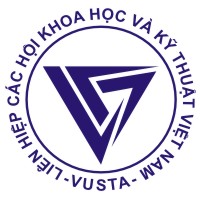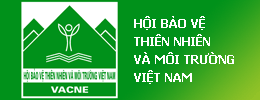Involving indigenous peoples and local communities in combating illegal wildlife trade
 |
Globally, poaching and associated illegal wildlife trade (IWT) is devastating populations of iconic wildlife species such as rhinos and elephants, but also a host of lesser known ones. Across Asia, Southeast Asia and the Lower Mekong Basin region specifically, IWT is a particular concern for elephants, big cats, primates, pangolins, reptiles, birds, precious timber species and medicinal plants.
IWT is a major focus of current conservation concern and policy development, including through the EU Parliament Resolution on Wildlife Crime (January 2014) and the high-level Conferences on Illegal Wildlife Trade in London (February 2014) and in Kasane, Botswana (March 2015), the International Conference on Illegal Exploitation and Illicit Trade in Wild Flora and Fauna in Africa (Brazzaville, Congo, April 2015) and the African Union-led Common Strategy to Combat Illegal Exploitation and Illegal Trade of Wild Fauna and Flora stemming therefrom, the Asia-Pacific Economic Cooperation (APEC) Leaders statement from their 2015 leaders meeting, and the 2015 Resolution of the UN General Assembly on IWT.
These conferences and policy statements, alongside several African sub-regional ones, have increasingly recognised the important role of the Indigenous Peoples and Local Communities who live close to wildlife in addressing IWT (see Table below):
London Declaration: Recognise the negative impact of illegal wildlife trade on sustainable livelihoods and economic development.This impact needs to be better understood and quantified. Increase capacity of local communities to pursue sustainable livelihood opportunities and eradicate povertyby (inter alia) promoting innovative partnerships for conserving wildlife through shared management responsibilities such as community conservancies, public‐private partnerships, sustainable tourism, revenue‐sharing agreements and other income sources such as sustainable agriculture.
African Elephant Summit: Engage communities living with elephants as active partners in their conservation by supporting community efforts to advance their rights and capacity to manage and benefit from wildlife and wilderness.
Kasane Declaration: Promote the retention of benefits from wildlife resources by local people where they have traditional and/or legal rights over these resources. We will strengthen policy and legislative frameworks needed to achieve this, reinforce the voice of local people as key stakeholders and implement measures which balance the need to tackle the illegal wildlife trade with the needs of communities, including the sustainable use of wildlife. Support work done in countries to address the challenges that people, in particular rural populations, can face in living and coexisting with wildlife, with the goal of building conservation constituencies and promoting sustainable development. Establish, facilitate and support information-sharing mechanisms, within country, regionally, and internationally, designed with, for and targeted at local people and practitioners, to develop knowledge, expertise and best practice in practical experience of involving local people in managing wildlife resources,and in action to tackle the illegal wildlife trade. Support work by countries and intergovernmental organisations, as well as nongovernmental organisations, that seeks to identify the situations where, and the mechanisms by which, actions at the local level, including with community groups, can reduce the illegal wildlife trade.
Brazzaville Declaration: Encourage Member States to recognize the rights and increasing the participation of indigenous populations and local communities in planning, management, and use of wildlife resources, promoting sustainable and alternative livelihoods, and in building their capacities to fight against wildlife crime.
African Union Strategy: Promote the participatory approach with economic development and community livelihoods through sustainable use of wild fauna and flora.
However, despite this recognition, the emphasis to date in discussions and in implementation has been strongly on strengthening (government-led) law enforcement and reducing consumer demand for illicitly sourced wildlife commodities. Considerably less emphasis has been placed on the role of the Indigenous Peoples and Local Communities who live with wildlife. Moreover, some recent commitments, such as the one stemming from the Forum on China-Africa Cooperation Johannesburg Action Plan (2016-2018), do mention the need to combat IWT, but do not recognize the strong role of Indigenous Peoples and Local Communities.
IWT has an enormous impact on Indigenous Peoples and Local Communities, who are affected by insecurity and the depletion of important livelihood and economic assets, while often being excluded from the benefits of conservation. They can also be very negatively affected by heavy-handed, militarized responses to wildlife crime, which frequently make little distinction between the illegal activities driven by large scale profits (crimes of greed) versus those driven by poverty (crimes of need). Most fundamentally, however, the long term survival of wildlife populations, and in particular the success of interventions to combat IWT, will depend to a large extent on engagement of the iIndigenous pPeoples and Local Communities who live with wildlife populations. Where the economic and social value of wildlife populations for local people is positive, they will be more motivated to support and engage in efforts to combat and manage poaching and illicit trade. But where local people do not play a role in wildlife management and where it generates no benefits, strong incentives for illegal use and trade are likely to exist. Even the most focused and well-resourced enforcement efforts (which few countries can afford or have the political will to implement) will struggle to effectively control wildlife crime in the face of strong incentives for complicity by local people.
There are examples from Africa as well as from Central Asia and from Pakistan of governance models that empower Indigenous Peoples and Local Communities to manage wildlife sustainably and generate social and economic benefits. In a number of cases, these approaches have been successful in reducing illegal wildlife use and trade – sometimes dramatically – and incentivising strong community engagement in enforcement efforts. However, there is a clear need to raise awareness of these examples, distil lessons learnt, and ensure this experience influences the ongoing international IWT policy debate and implementation of approaches.
Crucially, the potential of community-based approaches needs to be analysed in the context of contemporary challenges of increasing involvement of transnationally-organized criminal syndicates in IWT, rising profits from illicit trade, increased access to firearms by community members, worsening poverty in many areas, erosion of traditional rights and governance systems, rapid urbanisation and changing community value systems, and large-scale threats from climate change combined with progressive habitat erosion affecting subsistence agriculture.
Source: https://www.iucn.org/news/call-workshop-contributions-%E2%80%9Cbeyond-enforcement-involving-indigenous-peoples-and-local
Search
Main menu
- CeREC News - Bản tin CeREC
- Conservation Programs - Các chương trình bảo tồn
- Biodiversity Projects - Các dự án Đa dạng sinh học
- Environmental Projects - Các dự án Môi trường
- Training & Education - Đào tạo và Tập huấn
- Flagship Species - Loài trọng tâm của CeREC
- New Species- Loài mới phát hiện
- Law Enforcement - Thực thi pháp luật
- Publications - Các tài liệu xuất bản
- Technical Reports - Các báo cáo kỹ thuật
- Training Documents - Tài liệu đào tạo và Tập huấn
- Photo Reports - Phóng sự ảnh
- Nature Tours - Tham quan dã ngoại
- Partners & Donors - Đối tác và Nhà tài trợ
Recent Posts
Partners & Donors
CeREC thanks the following organizations for their generous support and sponsorship:

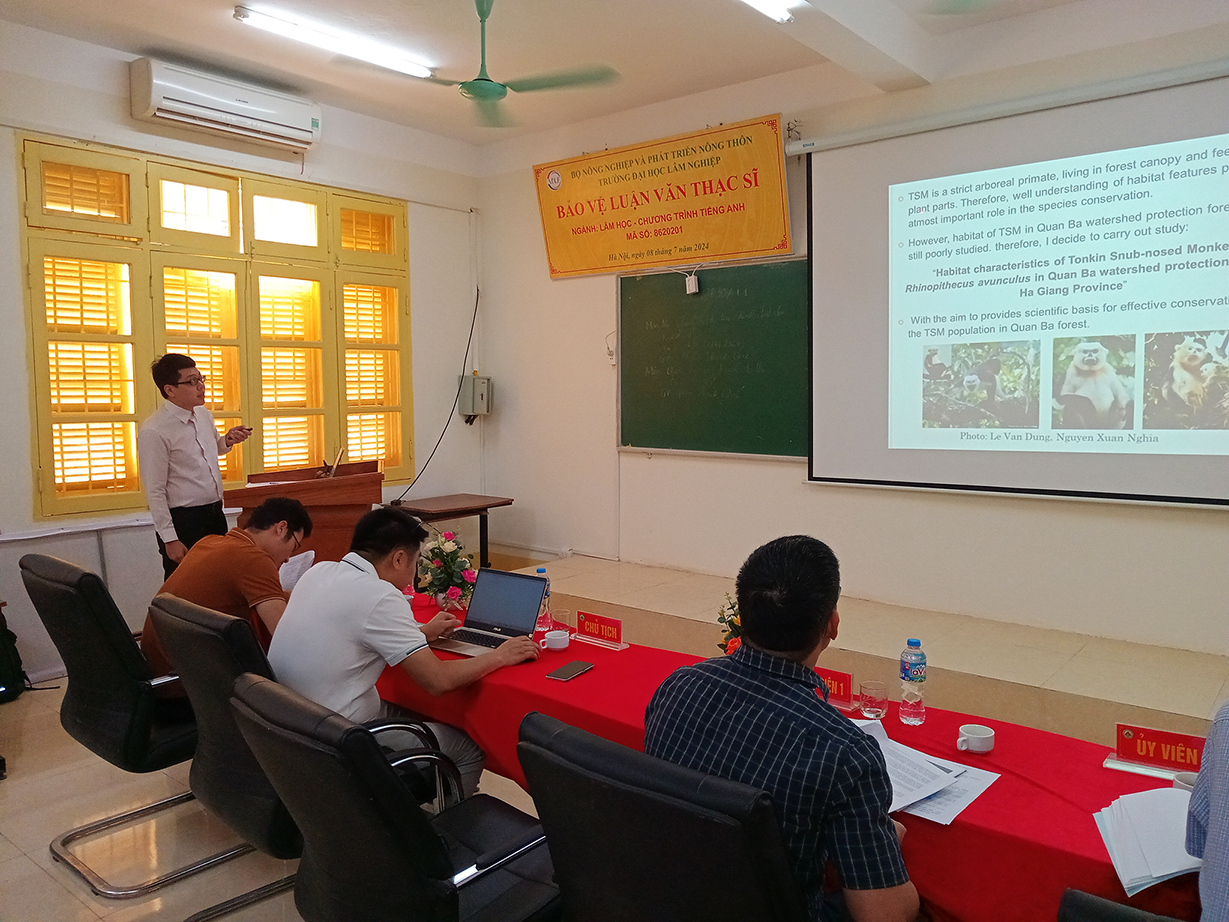
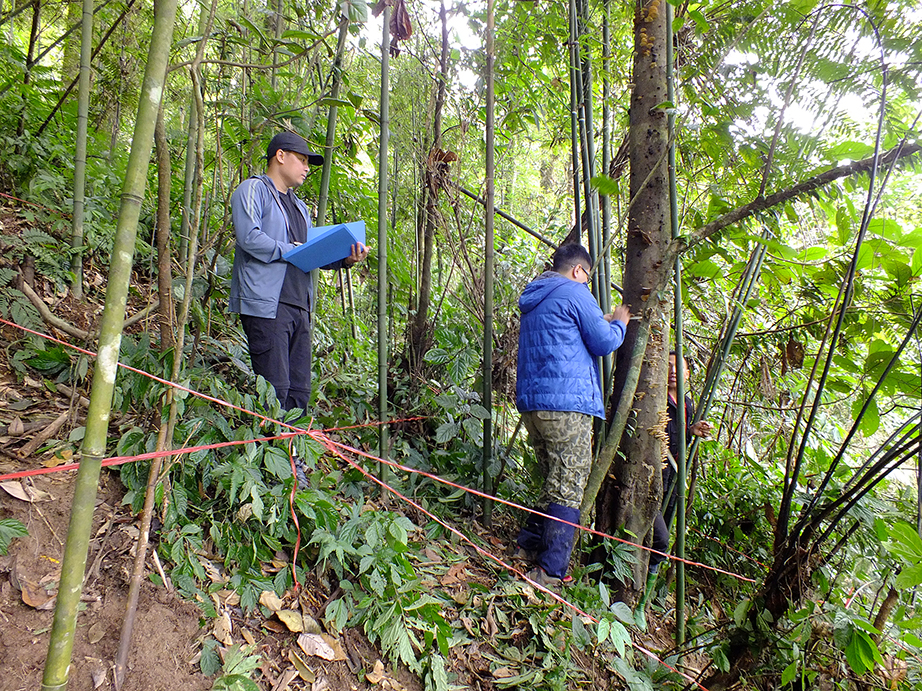
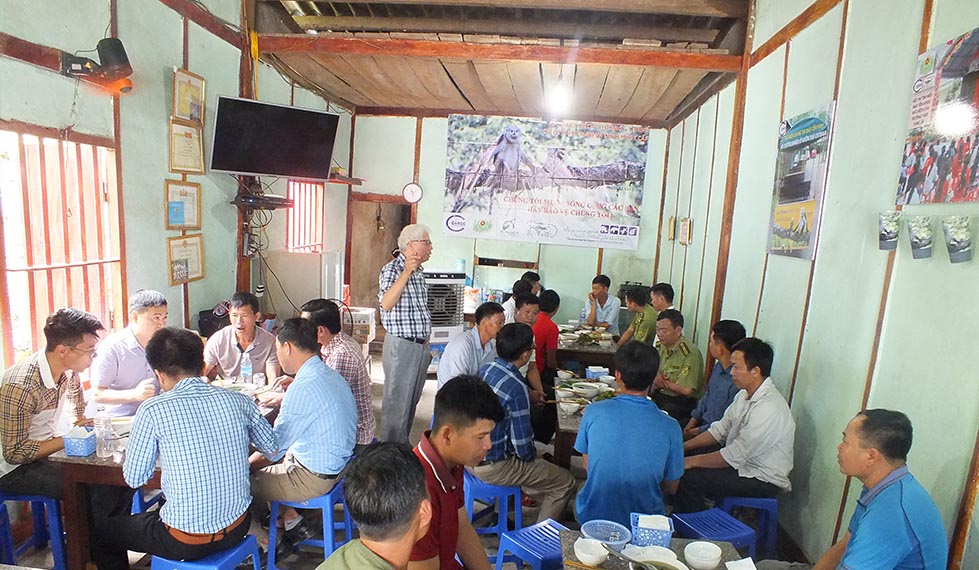

.jpg)
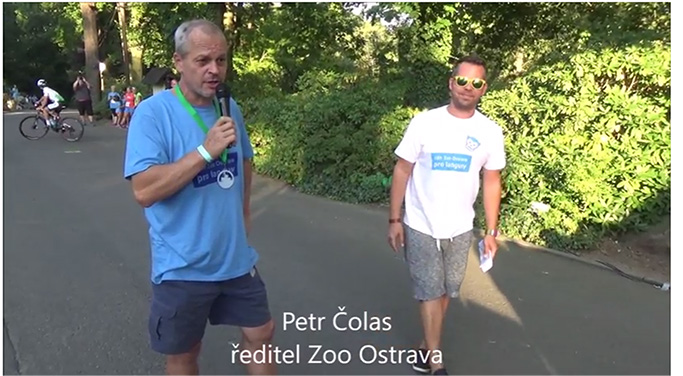
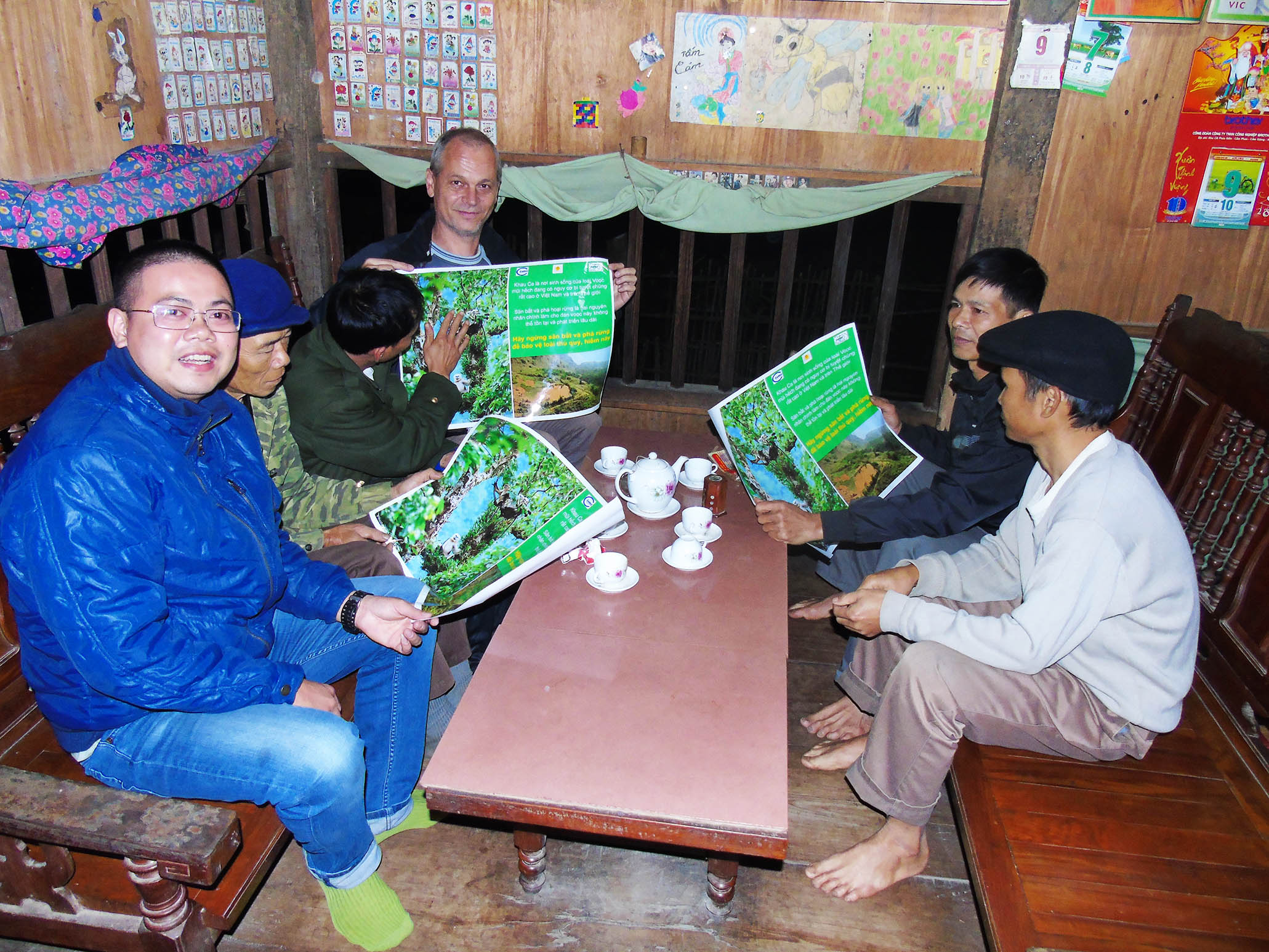
.jpg)
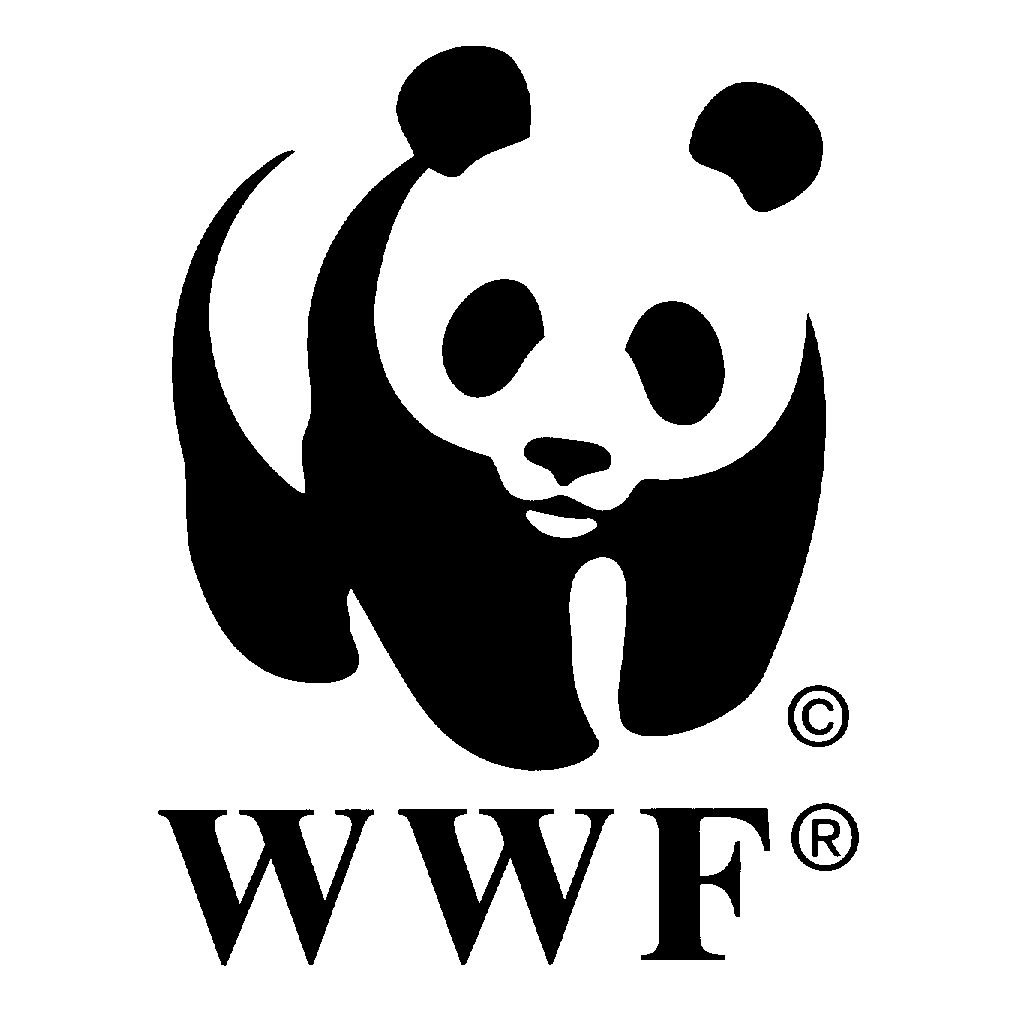
.jpg)
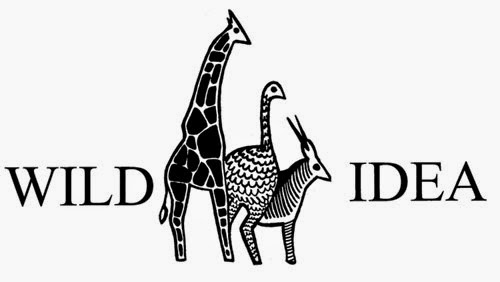

.jpg)
.jpg)
.jpg)

